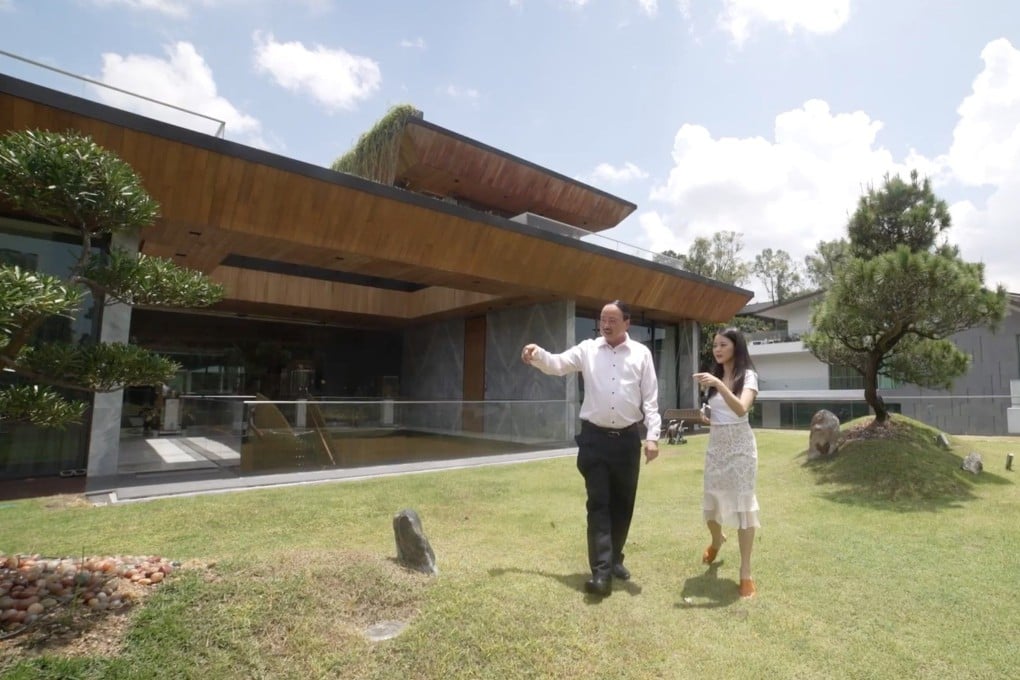It’s our lifestyle: Sheng Siong’s Lim Hock Leng on why Singapore’s mighty supermarket has Covid-19 and e-commerce beat
- The supermarket’s founder spills the beans on respecting Muslims, and a problem with China’s six-day work week
- He also gives his thoughts on what his only son Nigel Lin needs to do if he wants the top job

But in fact, according to Lim Hock Leng, one of three brothers who founded Sheng Siong more than three decades ago, what had really impressed the businessman was their sensitivity towards Singapore’s Muslims, who make up about 14 per cent of the city state’s 4 million local residents.

Lim said the supermarket took pains to section off the fresh and frozen pork section, and to arrange displays and the flow of human traffic such that a person heading to the seafood section would not have to walk past pork. Its two-storey outlet at Bedok Town Centre in Eastern Singapore, for example, tucks the pork section into a nook in the right corner of the supermarket’s entrance. Those not looking for pork would easily walk right past.
Even frogs, which are not halal – or permissible in Islam – are kept separately from the rest of the fresh and frozen seafood, demarcated clearly with a green board. Lim said he and his two brothers – who started the business in 1985 – learned these sensitivities as the business grew.
After all, the family’s roots are in pig farming, as Lim recounted in a rare three-hour interview with This Week in Asia. Typically, his brother the chief executive fronts media interviews about the business. Relaxed and wearing a dress shirt and trousers so he could head off to work after lunch, Lim described how his late father entered the pig farming world.

He was a handyman repairing pigsties who came across an ailing pig of an imported breed. He offered S$30 (US$22) for it and nursed it back to health with the traditional Chinese medicine drink Three Legs Cooling Water. Later, it was Lim Hock Leng’s brother’s sale of their excess pork in a provision shop that led to the three brothers – Lim, his second brother Lim Hock Chee the chief executive, and older brother Lim Hock Eng who is executive chairman – starting the first Sheng Siong store in the northern part of Singapore just as the country was phasing out pig farms.